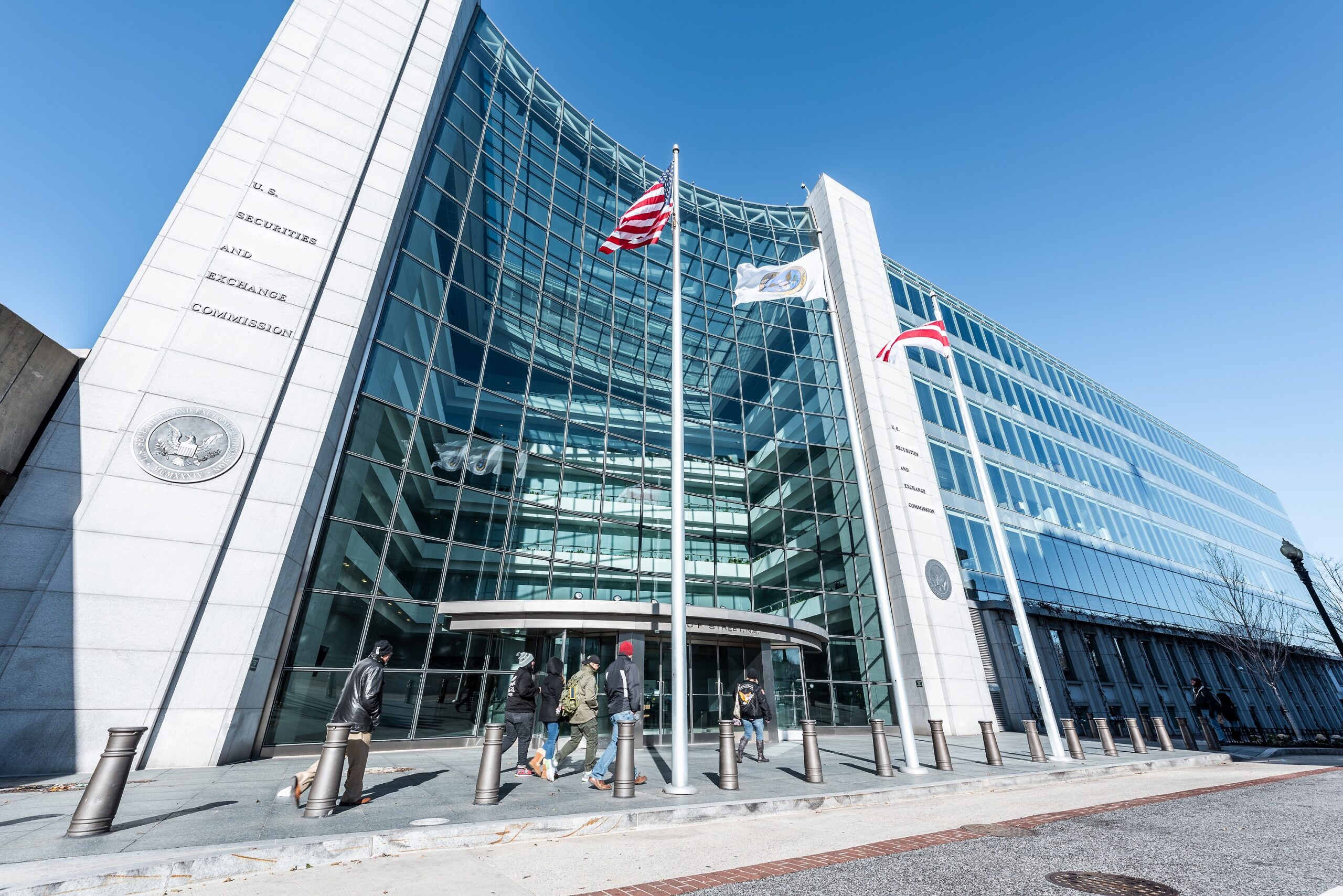Securities trading in the U.S. is on the brink of a massive transformation – one that will see transactions settle faster than ever before, and one for which firms must be prepared and equipped.
The U.S. Securities and Exchange Commission (SEC) has adopted a pivotal rule in response to the market turbulence witnessed during the meme-stock frenzy of 2021. Effective May 28, 2024, this new rule will come into effect, shortening the settlement cycle for all U.S. transactions settled through the Depository Trust Company (DTC) from T+2 to T+1. (Canada has followed suit, implementing a similar rule on May 27, 2024.)
The following are some of the implications of this change, its effects on the securities industry, and what firms must do to stay compliant.
The evolution of settlement cycles
Before the era of electronic trading, physical stock certificates were delivered through traditional mail services. The SEC allowed up to five business days for security transactions to settle – dubbed the T+5 settlement cycle.
But over the past 20 years or so, technological advancements have helped streamline the process. In 2004, the settlement cycle was reduced to T+3, i.e. three business days from the transaction date. In 2017, another leap was made, shortening it further to T+2.
Market stresses in 2020, 2021 and early 2022 put a renewed focus on a possible move to T+1. In December 2021, for instance, an Industry Steering Committee (ISC) report determined that “moving to a T+1 settlement cycle will increase the overall efficiency of the securities markets, mitigate risk, create better use of capital, and promote financial stability, provided that the appropriate balance is achieved between increasing efficiencies and mitigating risk,” according to the Depository Trust & Clearing Corporation (DTCC).
And on February 15, 2023, the SEC amended Exchange Act Rule 15c6-1, which will move all security trades settled through the DTC to a T+1 cycle, effective from May 2024.
Impacted securities
This rule change has wide-ranging implications, impacting a broad spectrum of securities. This includes most (if not all) equities, corporate bonds, ADRs, unit investment trusts, mutual funds, exchange-traded funds, options on equities, private-label mortgage-backed securities, and exchange-listed limited partnership interests. Click here for the full list.
It’s important to note that swaps are explicitly excluded from this new regulation. And in practice, we believe initial public offerings (IPOs) will remain effectively exempted from T+1 settlement requirements.
Trade matching timeline
Under the current T+2 cycle, trades must be matched by 11:30am Eastern Time (ET). Under the new rule, trades must be matched by 9 pm ET on the transaction date to be included in the DTC’s “Night Cycle”. To be included in current settlement date processing, trades can be accepted up until 1:30pm ET.
This change represents a significant adjustment for market participants, requiring them to adapt their workflows and operations to meet the new timeline. For instance, the DTCC points out that “Asia now has one day to reconcile, but after the move, that will be reduced to as little as two hours, depending on market.”
Allocations and best practices
Firms are advised to allocate trades as promptly as practical, but by end-of-day on the transaction date at the latest. Best practices dictate that firms should complete allocations by 7pm ET on the transaction date to ensure they’re ready for the 9pm trade matching cut-off.
This proactive approach will ensure smooth and compliant operations under the new T+1 settlement framework.
Key takeaways for market participants
- T+1 settlement is mandatory: As of May 2024, T+1 settlement is not an option but a legal requirement for all transactions settled through DTC. Firms must prepare well in advance to ensure compliance – and unfortunately, many aren’t. Earlier this year, the DTCC partnered with several other agencies to conduct a survey of industry readiness. They discovered that “41% of industry participants have yet to start looking at T+1, and on the buy side, the number climbs to 61%”
- Risk of higher costs due to delays: While there won’t be regulatory penalties if trades are not affirmed on T and do not settle on T+1, missing the cut-off triggers semi-automated or even manual processes for broker-dealers and custodians to contend with, decreasing straight-through processing (STP) and increasing costs per transaction
- Shared responsibility of prime brokers and clients: Achieving T+1 compliance can’t solely be outsourced to the prime broker – it’s a joint effort between prime brokers and their clients, emphasizing the need for coordinated efforts and clear communication
- Leveraging trade matching engines: If your firm isn’t currently utilizing a trade matching engine, reach out to see whether IQ-EQ’s outsourced middle-office services – a full-service post-trade solution for managers of all sizes, complexities and strategies – and its institutional solution will meet your needs. Our out-of-the-box offering will keep you compliant right from day one of operations
- Elevated oversight requirements: With the settlement cycle shortened, meticulous oversight by experienced operational practitioners becomes even more critical. Our middle-office team is uniquely positioned to assist clients with their trade matching platform, ensuring smooth and compliant operations
It’s time to take action
The shift to T+1 settlement represents a watershed moment for the securities industry. With the SEC’s adoption of this rule, market participants must proactively prepare for the changes ahead. Firms should explore the benefits of leveraging trade matching engines and ensure they have the necessary infrastructure in place for seamless compliance.






